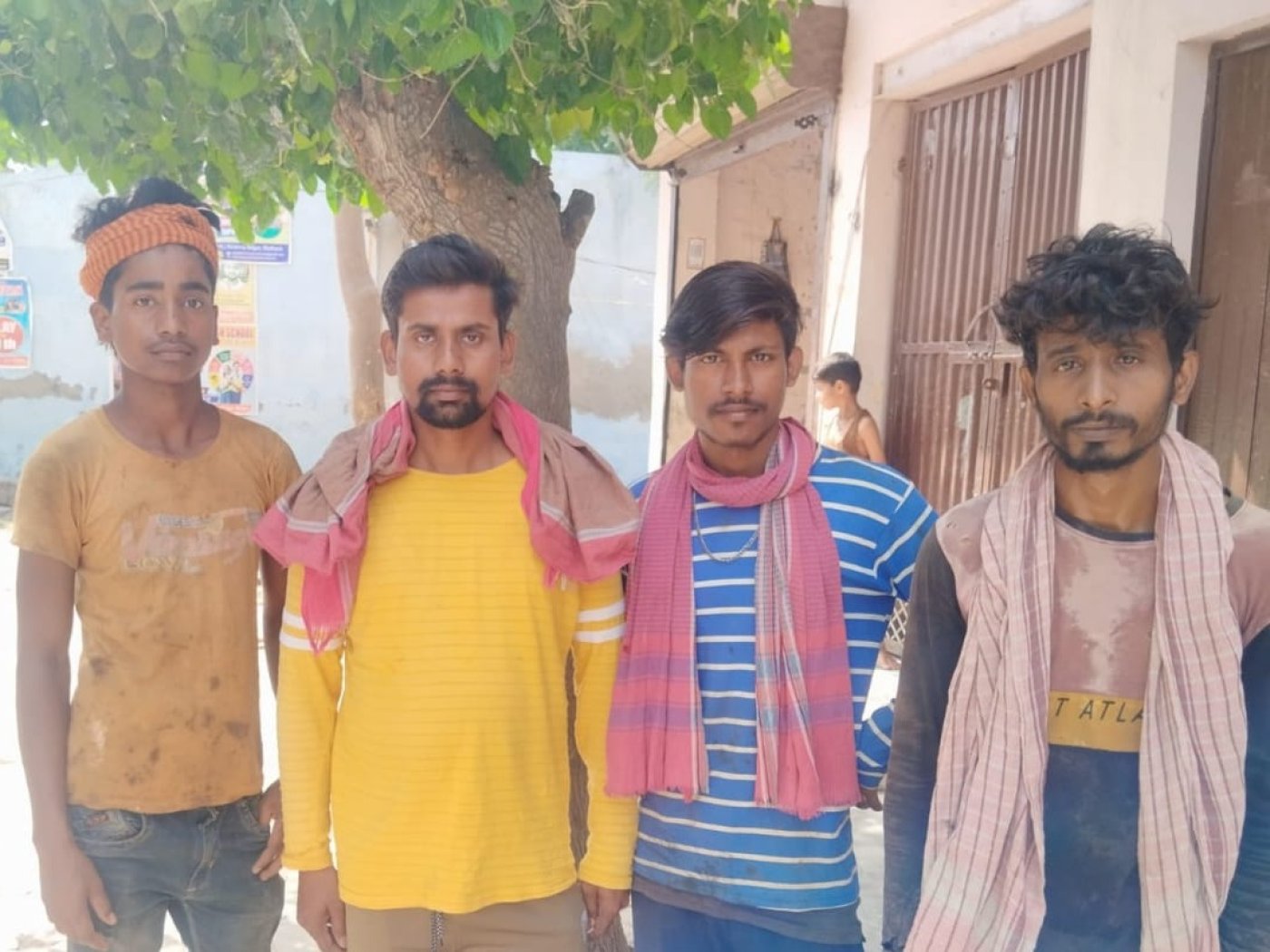
Kolkata, West Bengal: At 10 am on 18 April, a group of three to four Hindu extremists barged into the ground floor rooms of a two-storied house in a neighbourhood called Jamalpur neighbourhood in the Kushinagar district of north-eastern Uttar Pradesh.
Soft-spoken Abul Bashar and seven other Bengali Muslim travelling salesmen—who purchased garments, such as nightdresses, skirts, T-shirts, kurtis (short tunics for women) and palazzo pants from wholesalers in Malda, West Bengal, and sell them on bicycles or motorbikes—lived there.
Four of them were home, preparing to cook lunch, when the men bearing allegiance to the far-right ideology of Hindutva broke in, abused Bashar and his housemates, ransacked their belongings and held up a rusted sickle and vegetable knives they found in the house, claiming they were weapons.
“The intruders hurled abuses, slapped one of us, pulled at another’s beard, and asked us to leave Uttar Pradesh immediately,” Bashar told Article 14.
Bashar said that the attackers told them that Muslims were carrying out atrocities on Hindus in Bangladesh and Bangladesh-origin Muslims were doing the same with Hindus in West Bengal’s Murshidabad.
So, they should also leave for where they came from, the attackers said.
The attack on Bashar and his mates was only one of many recent attacks on Bengali-speaking Muslims, who are—to those who do not speak Bengali, and, often, even to those who do—indistinguishable from Bangladeshis, who are being detained in the thousands by state governments nationwide (here, here, here and here).
This story was originally published in article-14.com. Read the full story here.

